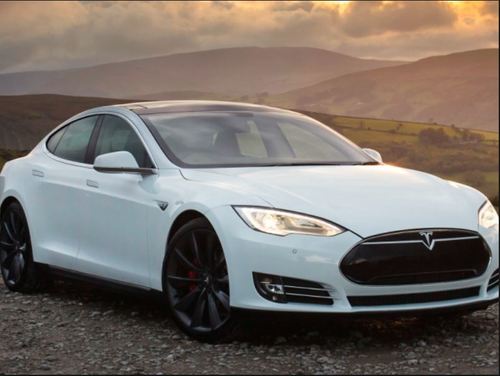
The tragic and fatal crash involving the self-driving Tesla S has raised a number of issues concerning liability – where fault lies – as well as insurance coverage – who exactly should pay?
The first reported death involving an autonomous vehicle occurred last week when the victim’s Tesla vehicle, while driving in Autopilot mode, failed to detect a tractor-trailer that was turning in front of the vehicle.
“Tesla has acknowledged that its Autopilot feature is new (in beta) and that drivers must manually enable the feature and that drivers ‘must maintain control and responsibility’ for the vehicle, even when using the Autopilot system,” wrote Langdon & Emison partner Brett Emison in a recent article.
The automaker has said publicly that its Autopilot system, while improving, is not yet perfect and “still requires the driver to remain alert.”
Whether partially autonomous or fully self-driving these vehicles will eventually experience failure that results in injury or death. So, who is responsible when autonomous vehicles crash?
Liability and Insurance Coverage: A Tangled Web
In Missouri – and likely in many states – product defect laws govern liability in these types of crashes, according to Emison.
“Missouri’s product defect statute permits a victim to hold a manufacturer or seller liable for injuries caused when the product was in a defective condition and unreasonably dangerous when used as reasonably anticipated.”
Emison said the manufacturer or seller should be held liable if the autonomous system failed to properly control the vehicle, rendering the car in a defective and unreasonably dangerous condition.
Some car companies, like Google, Mercedes and Volvo, have already said they would accept responsibility… if their autonomous cars are involved in a crash. But, what does that mean? Would the automakers pay the full value of the damages caused?
Such questions – when fully considered – also highlight potential and new – issues with insurance coverage and how insurers will pay claims in accidents involving self-driving cars, particularly when it’s unclear whether the driver or the software was at fault.
The insurance claims process for cars using the systems generally works about the same way as cars without them, according to a recent article by The New York Times.
“That is, when an investigation of the accident is completed, the insurer of the driver at fault pays for injuries and damage to the others, up to the limits of the policy,” according to The Times’ article.
In most instances, the insurance company would pay the claim and then have the right to file a claim against another party, like an auto manufacturer or another insurer, to recoup its payment. According to The Times, insurers may be unaware they are providing coverage for a potentially self-driving car, but are “likely to begin inquiring about those details more often.”
Emison says that sorting out the fault in such cases may ultimately require a detailed and complex forensic computer analysis. Was the code the problem? Was it an algorithm? Faulty hardware? Was the mapping programming defective? Did a camera (or radar) fail? Was the highway not marked properly?
The Tesla crash was the first, but there will be more crashes involving partially autonomous or fully self-driving vehicles. Will automakers accept responsibility for failures of their systems? Will insurance companies pay if it’s determined the software was at fault? Only time will tell.
Contact Langdon & Emison
For more than 30 years, Langdon & Emison has represented people who have been injured or lost loved ones due to defective vehicles. Our reputation as a national leader in auto product liability litigation comes from three decades of taking on world’s largest automakers and parts suppliers in courtrooms from coast to coast, including the U.S. Supreme Court.
If you or someone you know has been injured in a car accident, our personal injury lawyers will review your case at no cost or obligation to you to determine whether an auto defect could have caused the injuries or made them worse than they would have been otherwise. Contact our firm at 866-931-2115 or click on the chat box to the right or side of the screen.

